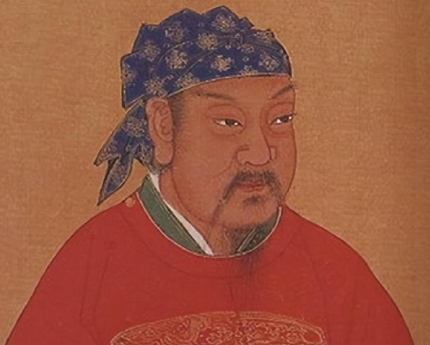In the long history of China, the alternation of dynasties and the succession of royal power are the norm. However, some abdication events are puzzling, such as why did the Emperor Jing of the Northern Zhou abdicate to Yang Jian? Was he forced to do so?

In 578 AD, during the reign of Emperor Jing of the Northern Zhou, Yu Wenyan, the emperor was young and ignorant, and the political power was actually held by the chancellor Yang Jian. Yang Jian successfully stabilized his position through clever political maneuvering and military strategies, becoming the actual ruler of the Northern Zhou. However, he did not immediately seize the throne but chose to wait for the right opportunity.
In 581 AD, Emperor Jing of the Northern Zhou, Yu Wenyan, was forced to abdicate to Yang Jian and was later sealed as the "Gongdi" of the Sui Dynasty. This event is historically known as "abdication", but in reality, it was a kind of usurpation of political power. So, why did Emperor Jing of the Northern Zhou abdicate to Yang Jian? Was he forced to do so?
From historical records, Emperor Jing of the Northern Zhou's abdication to Yang Jian was not completely voluntary. Firstly, the Northern Zhou regime had already ceased to exist in name only, with severe corruption within the court, poor living conditions for the people, and social unrest. Yang Jian, as the chancellor, had policies that were supported and embraced by the people, giving him sufficient strength and prestige to take over the throne. Secondly, Emperor Jing of the Northern Zhou was young and ignorant, unable to handle state affairs, and his power was actually controlled by Yang Jian. In this situation, Emperor Jing of the Northern Zhou's abdication to Yang Jian can be seen as a helpless choice.
However, from another perspective, Emperor Jing of the Northern Zhou's abdication to Yang Jian was also his own choice. He saw Yang Jian's talent and potential and believed that he had the ability to revitalize the Northern Zhou and lead the country back to prosperity. Therefore, he chose to abdicate to Yang Jian, hoping that he could lead the Northern Zhou out of its predicament.
Overall, Emperor Jing of the Northern Zhou's abdication to Yang Jian had both forced and voluntary elements. This is a complex historical process involving the struggle for power, the test of human nature, and social choices.
Disclaimer: The above content is sourced from the internet and the copyright belongs to the original author. If there is any infringement of your original copyright, please inform us and we will delete the relevant content as soon as possible.
































